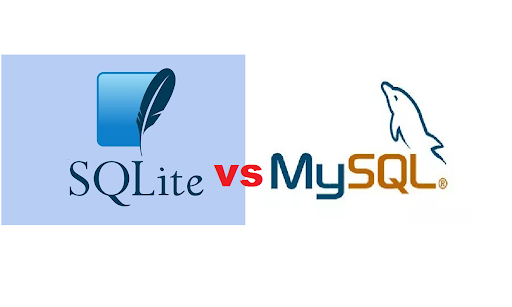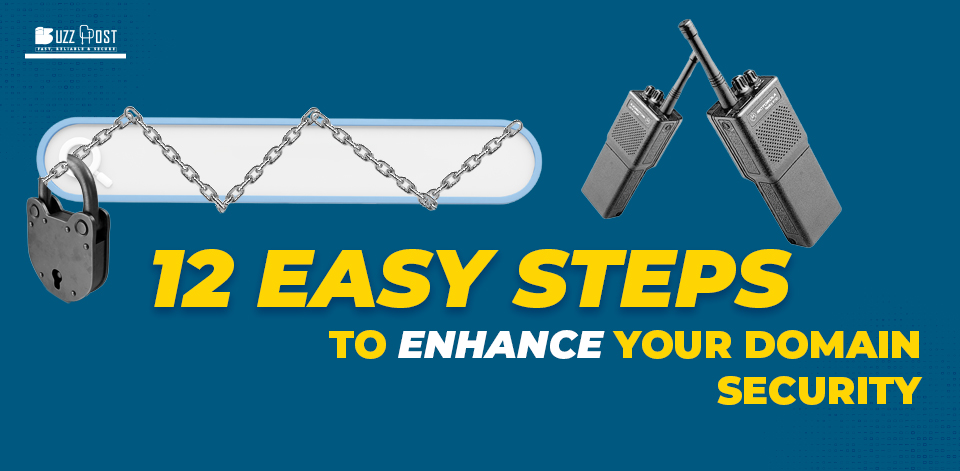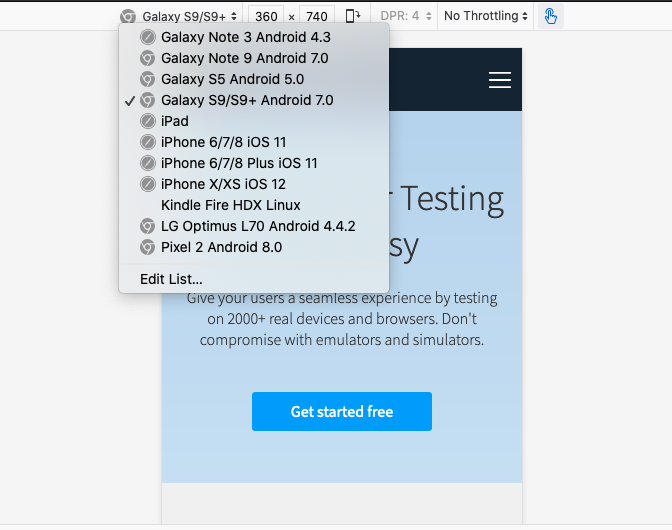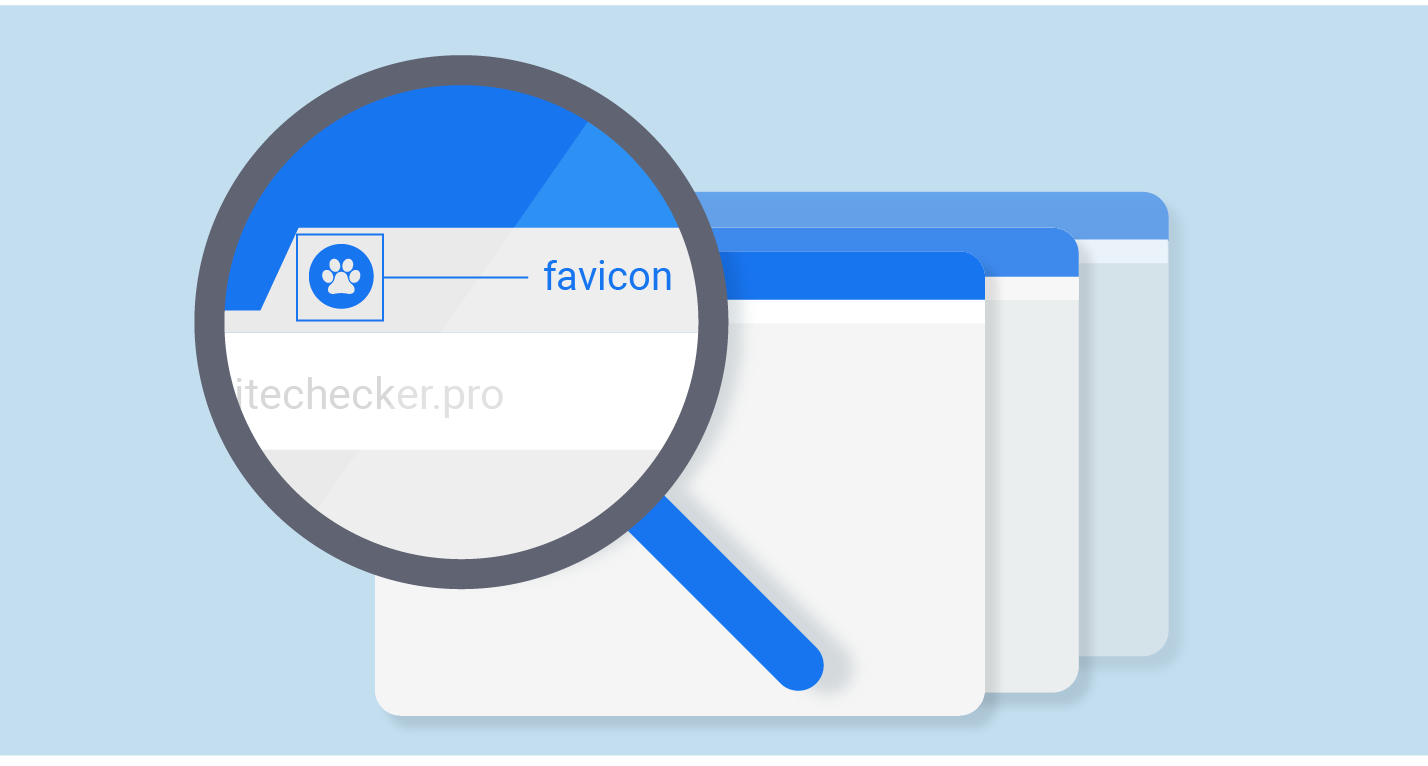
SQLite vs. MySQL (In-depth Comparison for Best One)
- By Admin --
- Apr 29,2021 --
- 3023 Views ,
- 103 Comments
While creating your website, you’ll definitely need a powerful database that you can rely on. SQLite and MySQL are the most widely used databases that might have grabbed your attention. But which one of them to choose is the real question here.
To help you find the right one, we’ll be discussing both SQLite and MySQL along with their main features here in this article.
Also Check: Web hosting Pakistan
Open Source:
Both the databases are based on open source coding. Anyone can use the basic structural code and modify anything as required.
Relational database management system:
Both databases are RDBMS where tables' relativity is ensured to create a fully organized and efficient database.
Both these databases could be similar in their spirit, but there are fundamental differences, choosing a particular one difficult. Here we are sharing those differences.
Architectural difference:
SQLite is a public domain database, which requires database engines as an app for proper functioning, whereas MySQL requires the server to initiate working, and a client-server model would be essential for this purpose.
Data Type Support:
Both these databases support different data types. In SQLite, Blob, Integer, Null, Text, Real are the prominent supported data options whereas, in my SQL, Tinyint, Smallint, Mediumint, Int, Bigint, Double, Float, Real, Decimal, Double-precision, Numeric, Timestamp, Date, Datetime, Char, Varchar, Year, Tinytext, Tinyblob, Blob, Text, MediumBlob, MediumText, Enum, Set, Longblob, Longtext are the available options.
This means that MySQL is highly flexible and offers a large variety of options for the users.
Storage options:
In SQLite, the storage capacity is 250KB, whereas, for MySQL, it is about 600MB. Here MySQL could be a clear winner.
Portability:
Considering the portability, SQLite stores data on a single file, thus you don’t require any extra time or long process for transferring the file. This is not the case in MySQL where the files have to be reduced to a single file, which requires you to wait a lot longer.
Scalability:
In case you want to increase the memory of your database, managing it with SQLite will be tougher in comparison to the MYSQL database. It is because inherently former one is a smaller database where MYSQL is larger and is designed to bring in more memory.
Security:
From the security point of view, MYSQL wins the race because it has a few inbuilt security checks, which aren’t present in SQLite.
With all these points of differences in hand, you can make a better choice about your requirements. But here is a summarized version highlighting when it would be best to use the particular database.
When to use SQLite?
- For the creation of small standalone apps
- To use in smaller projects
- It can be used for basic development and testing
When to use MySQL?
- For the projects where multiple user access is required
- Requirement of strong security features
- For the apps that require larger databases
- In the case of web-based applications









Comment